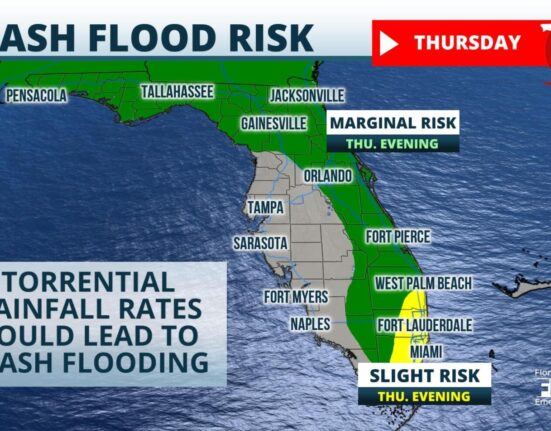As the UK aims to meet its clean power targets by installing 43 to 51 GW of wind capacity by 2030, the North Sea is bustling with activity. Claire Quinn, a Senior Associate at CMS Energy Disputes, sheds light on the challenges arising from the increasing congestion in this vital maritime region.
The UK’s waters hold immense energy potential crucial for the country’s energy sector. However, as more users operate within these physically limited waters, congestion becomes a pressing issue. Users now find themselves navigating around each other in pursuit of their goals.
The North Sea Transition Authority (NSTA) and Crown Estate Scotland (CES) recently issued a Statement of Intent to harness the energy and carbon storage potential of the North Sea collaboratively. This initiative underscores the need for coordinated and sustainable marine development amidst an
“increasingly busy sea space.”
Offshore Energies UK (OEUK) released a report stressing the significance of offshore wind energy in meeting Clean Power 2030 targets. The report emphasizes accelerating development plans, ensuring timely transmission infrastructure delivery, fostering investment, promoting market consolidation, and enhancing energy security to achieve these goals.
OEUK anticipates that a substantial allocation round in September is crucial to clear over 8GW of offshore wind capacity—an essential step towards reaching the 2030 target. Such large-scale developments coupled with efforts towards carbon storage are poised to elevate activities in the North Sea in the upcoming years.
While offshore energy endeavors have predominantly revolved around oil and gas production until now—aiming at maximizing economic recovery—the landscape is evolving rapidly. Despite being deemed mature, it will take significant time before decommissioned oil and gas production spaces can be repurposed for other sectors’ benefits.
Apart from energy operations, various sectors like marine transport and fisheries rely on access to UK waters. The coexistence of wind farms, carbon storage projects, oil rigs alongside shipping lanes poses complex operational challenges necessitating careful navigation planning amongst industries sharing these waters.
The collaboration between different stakeholders within the North Sea highlights an ongoing effort to strike a balance between competing industry demands effectively. As regulatory bodies grapple with harmonizing diverse interests within this vibrant maritime hub—it remains imperative for them to navigate through these complexities prudently.
The joint commitment by NSTA and CES signifies a proactive approach towards addressing critical issues surfacing amid escalating activities within this dynamic seascape. Their collaborative efforts are pivotal in shaping a sustainable future for all sectors operating within the bustling North Sea environment.









Leave feedback about this